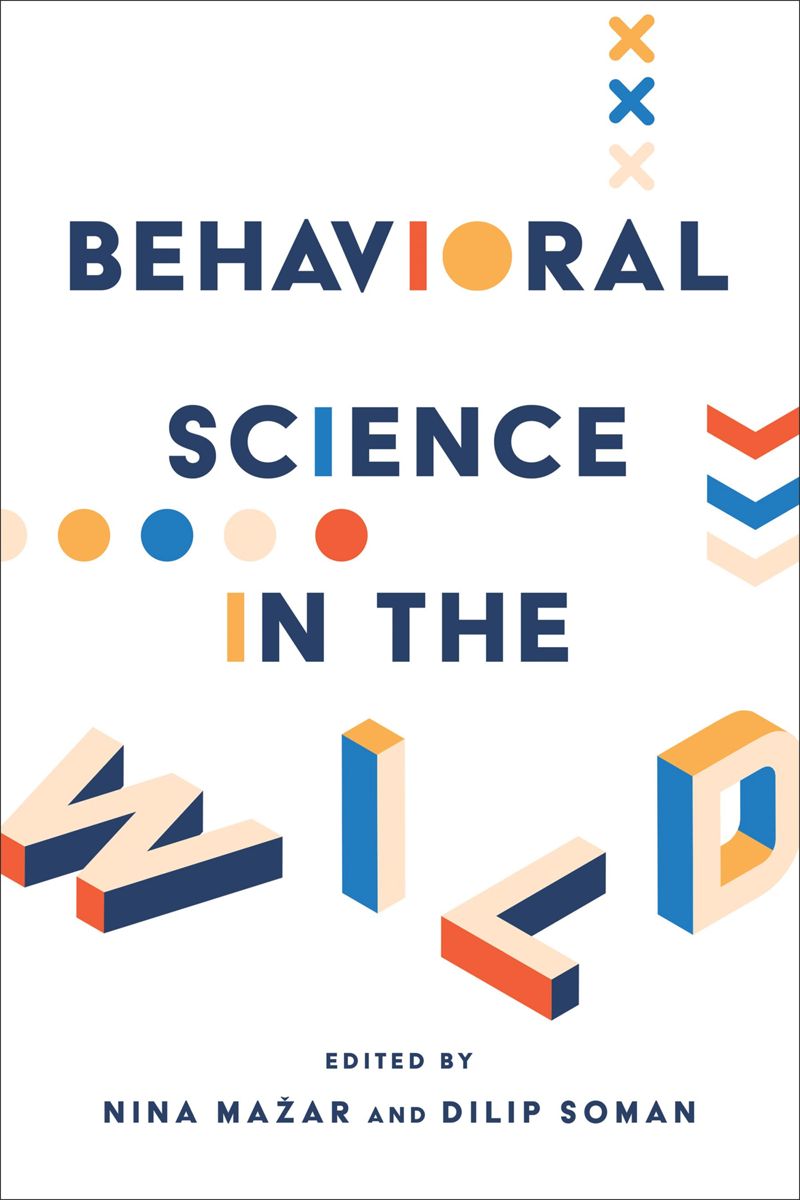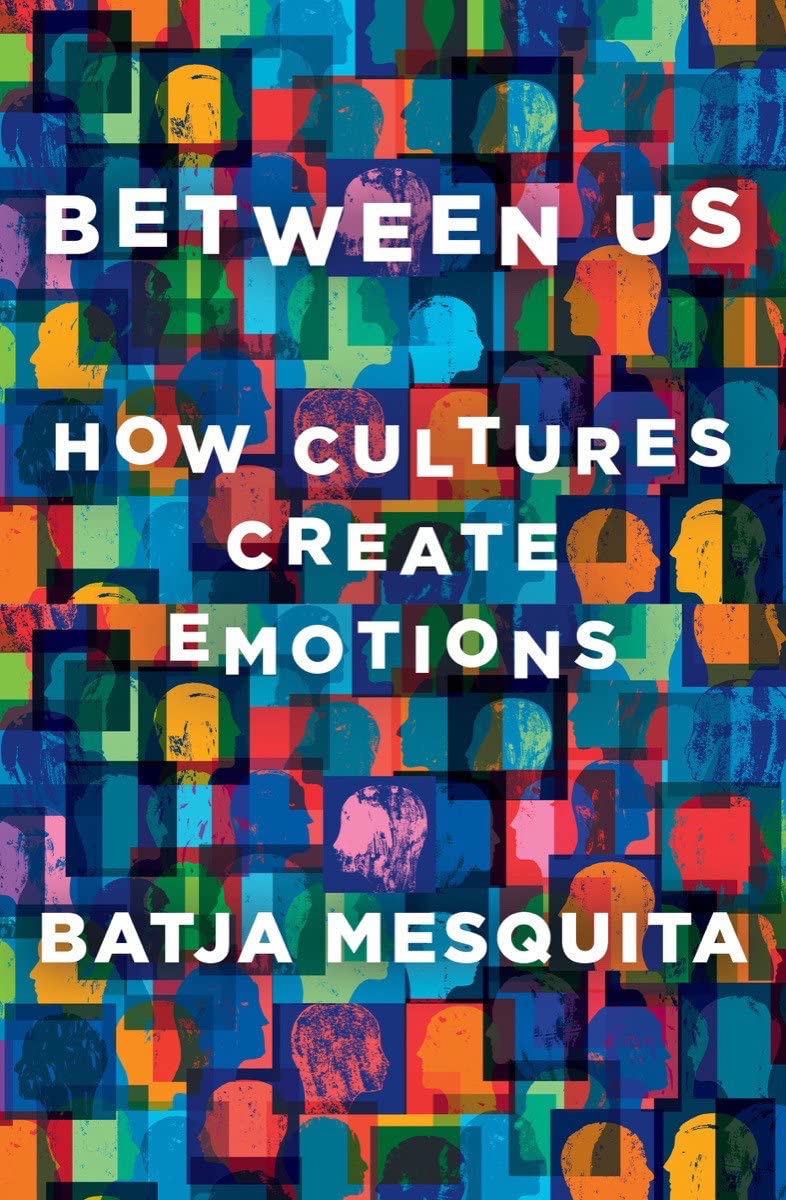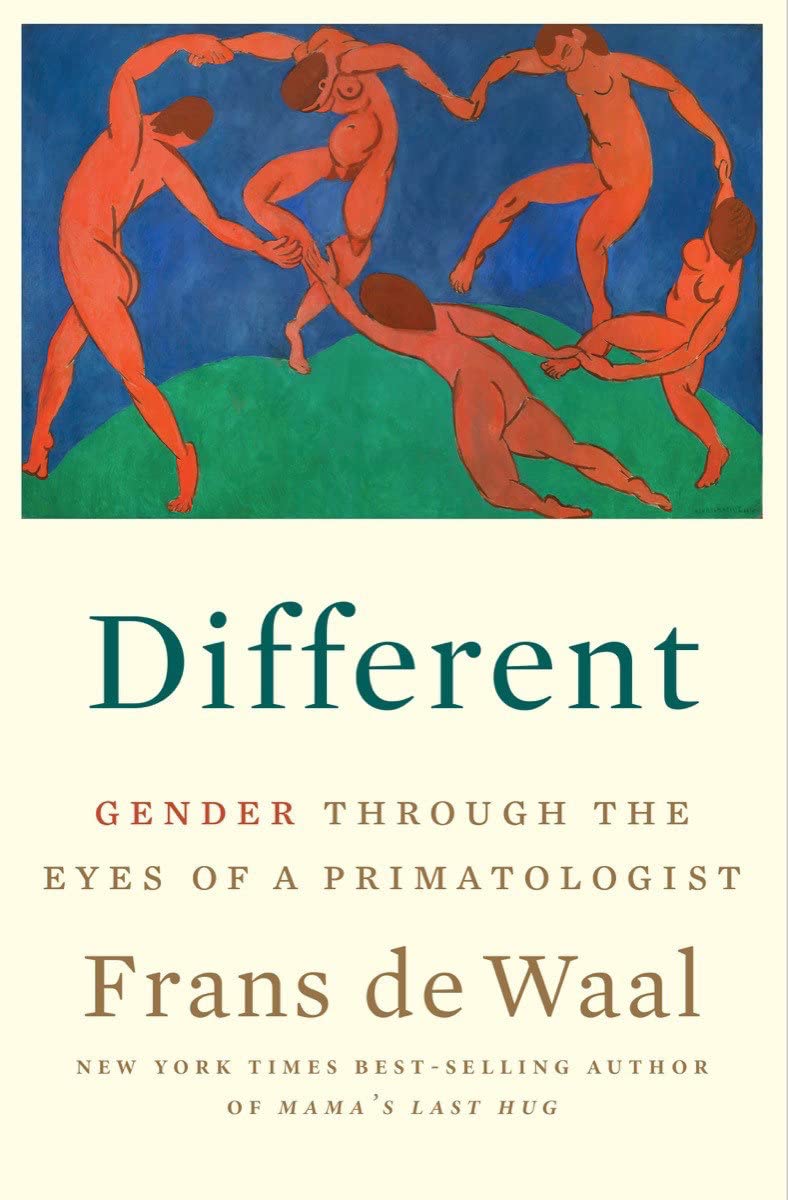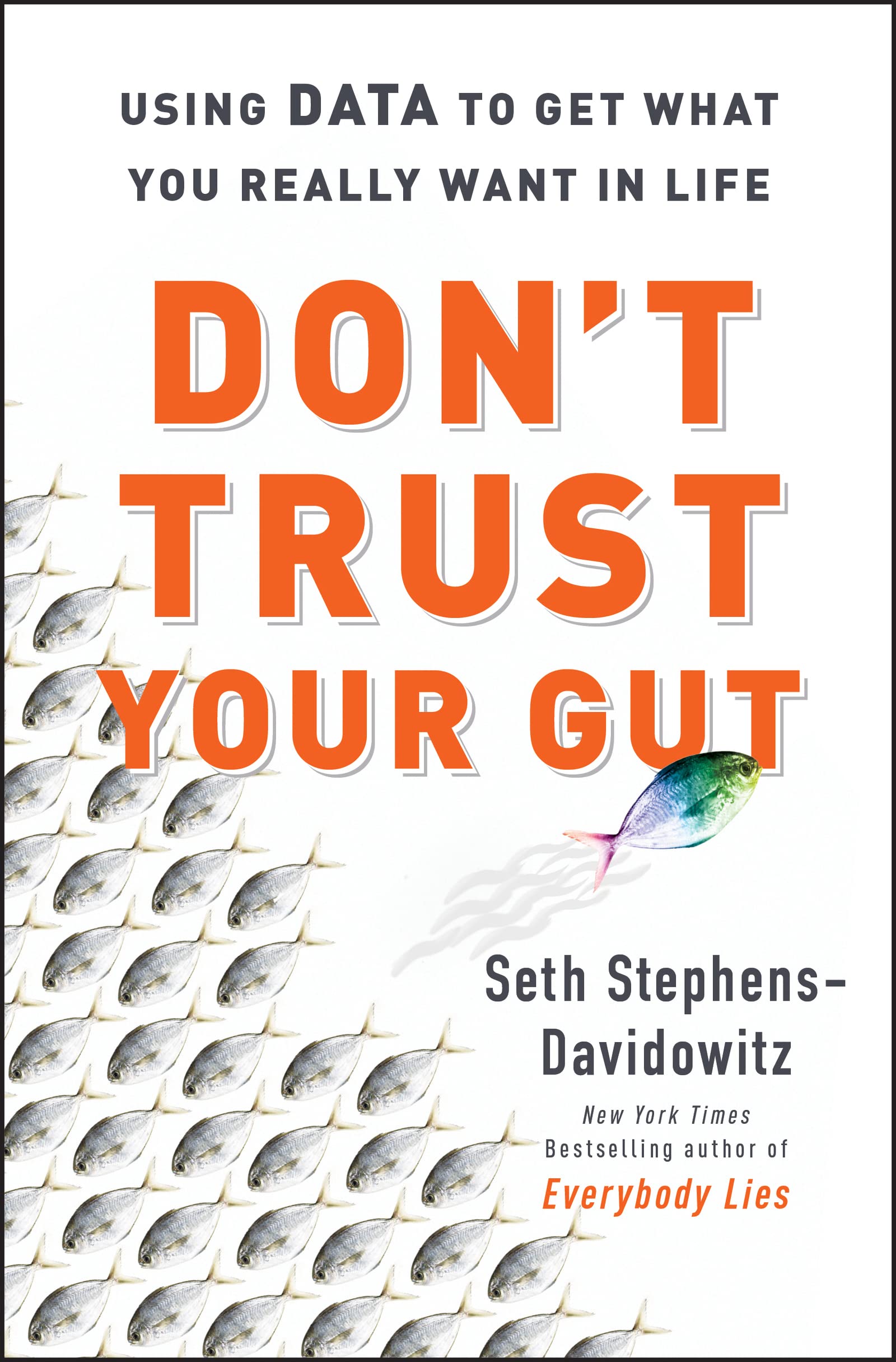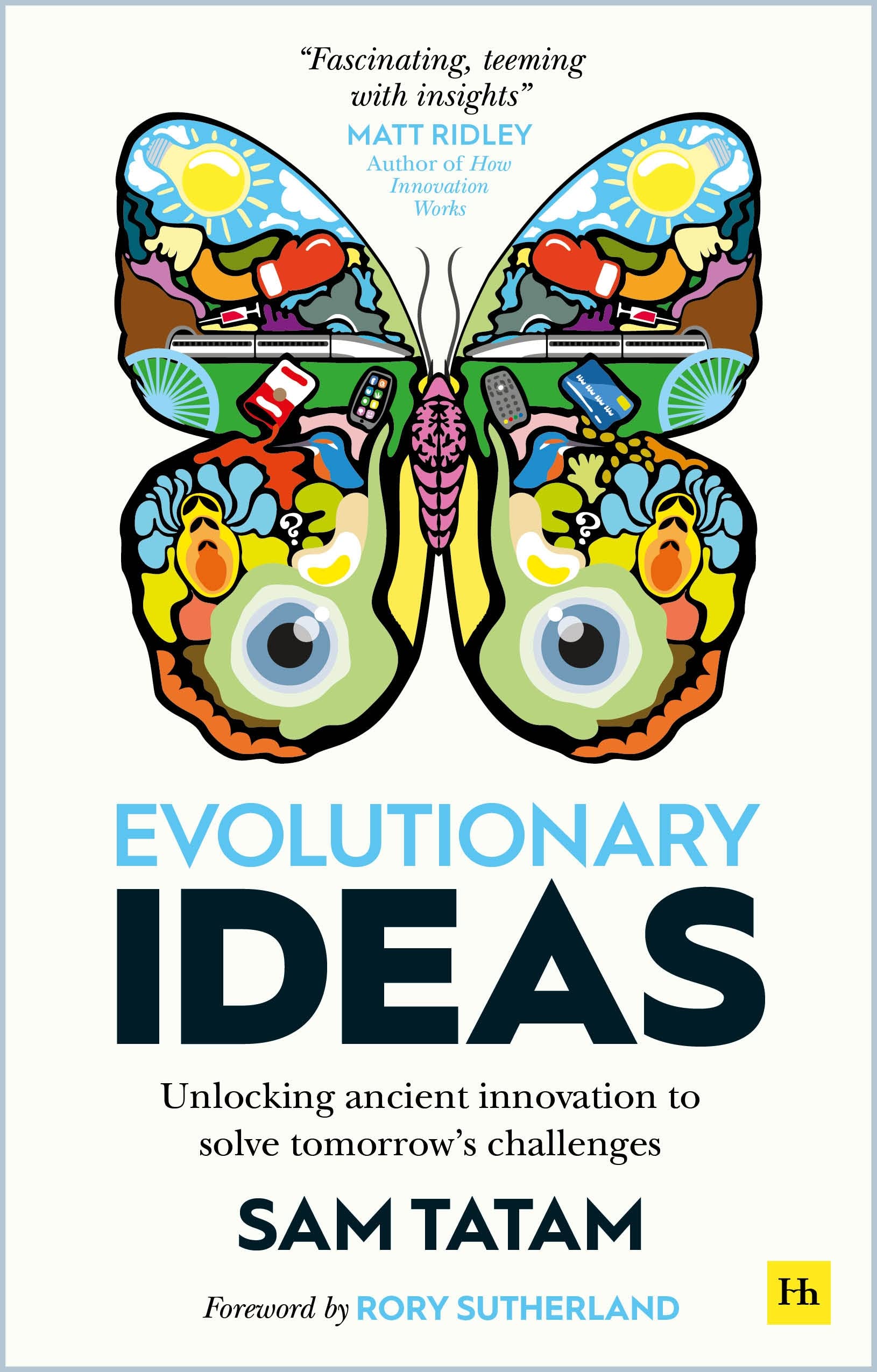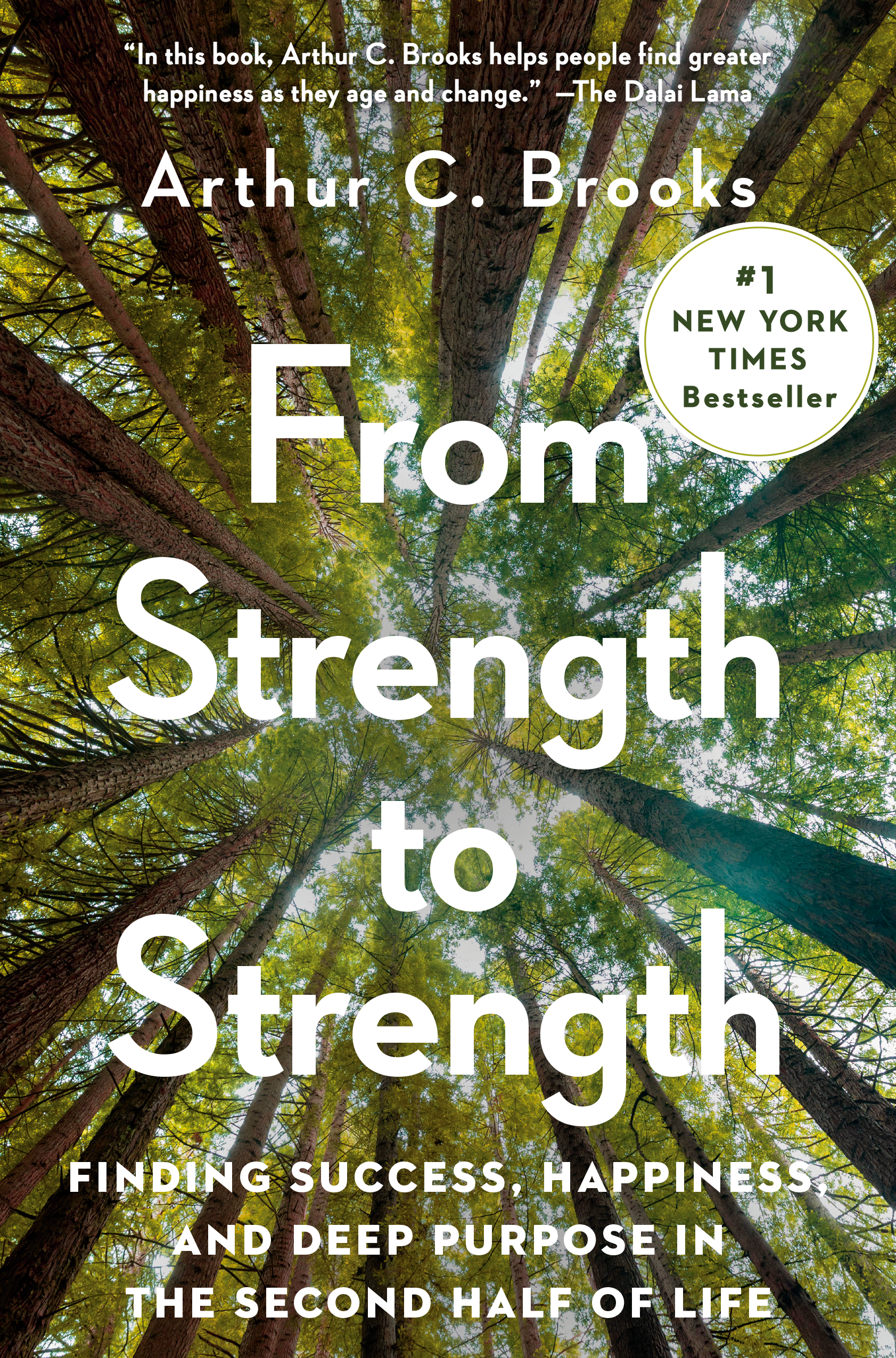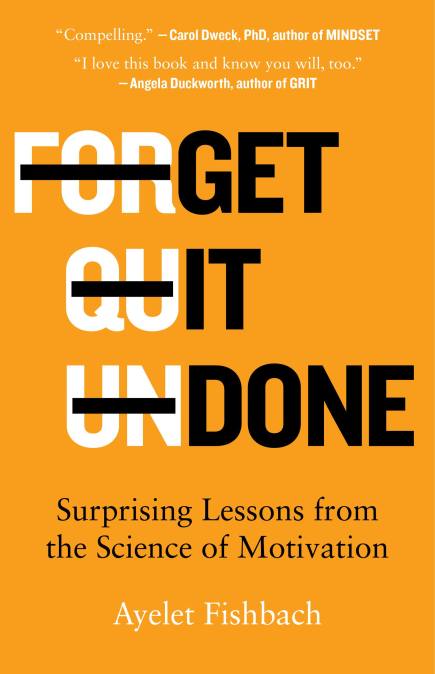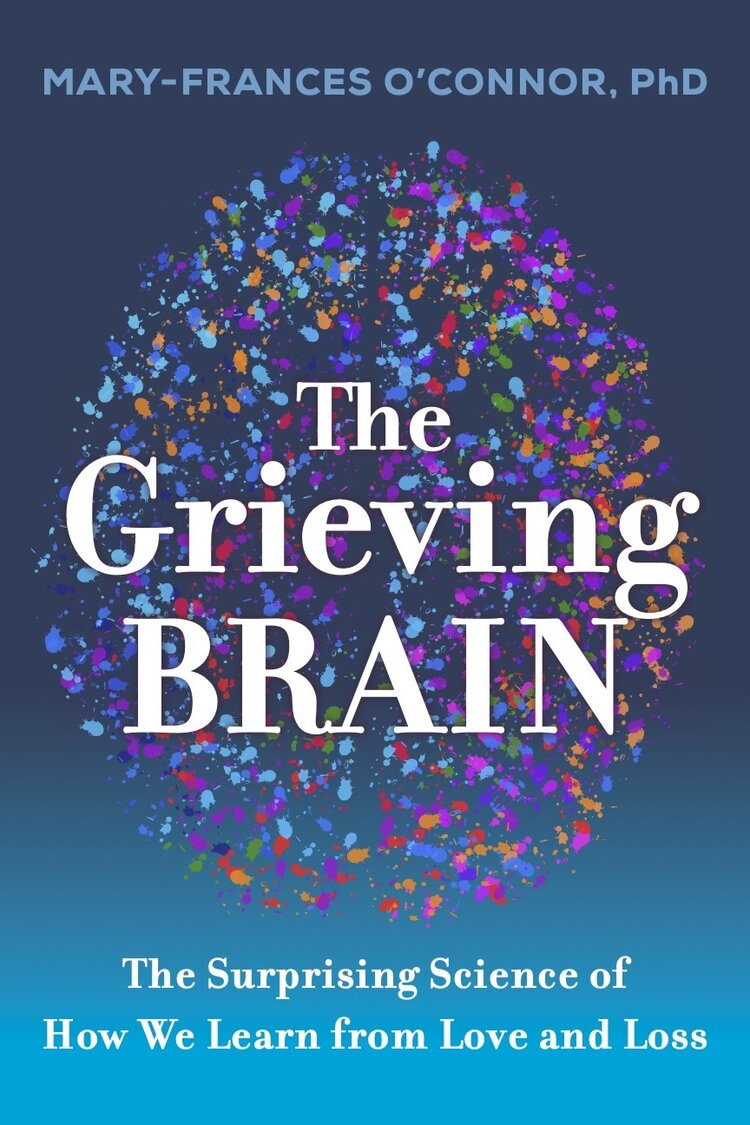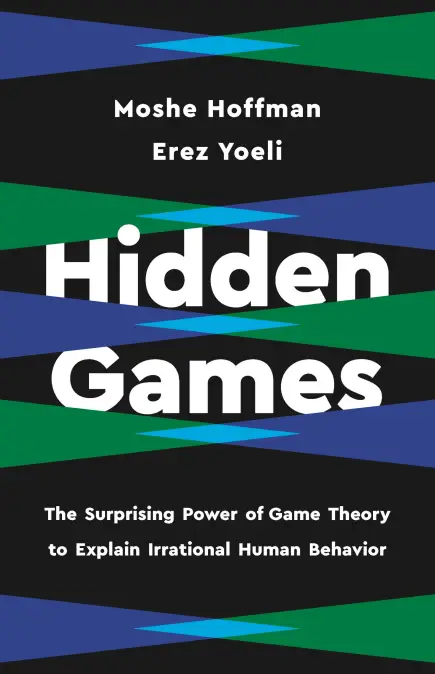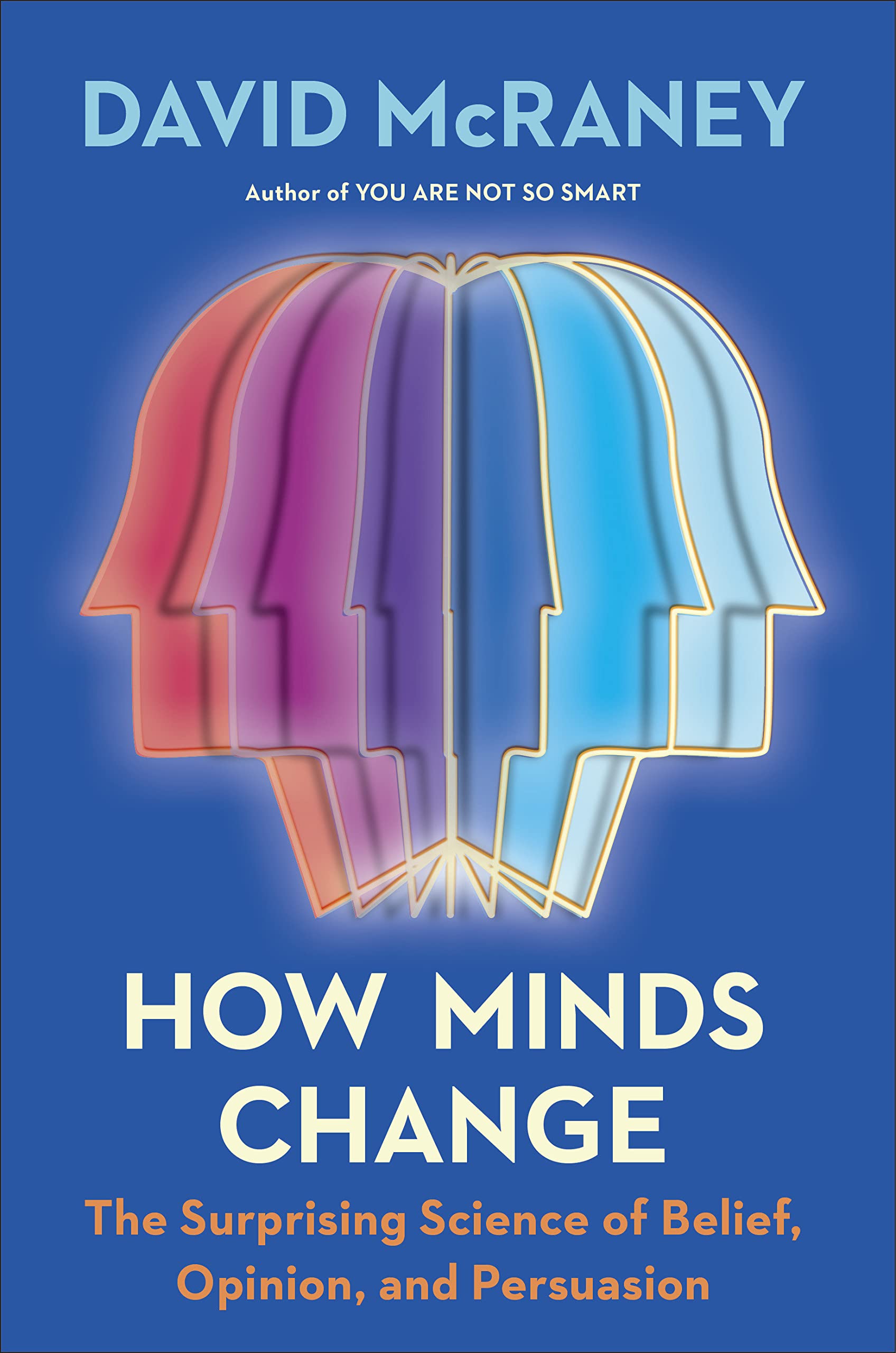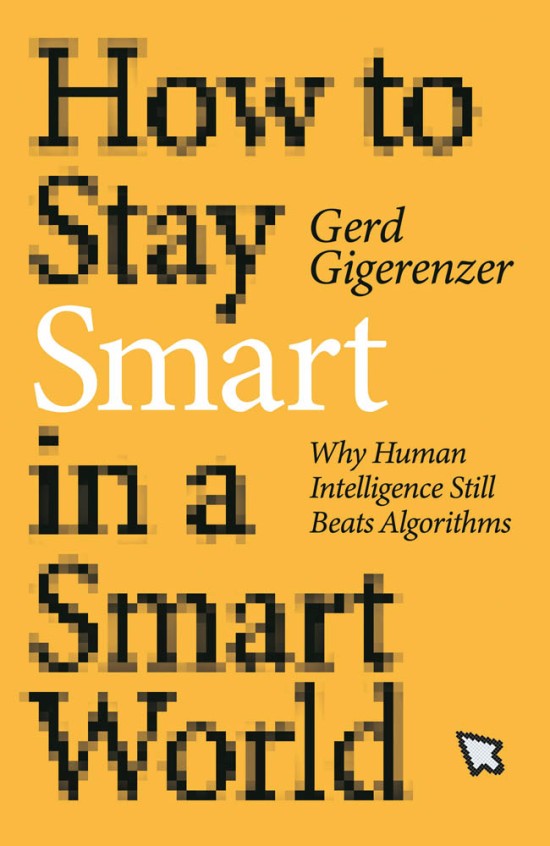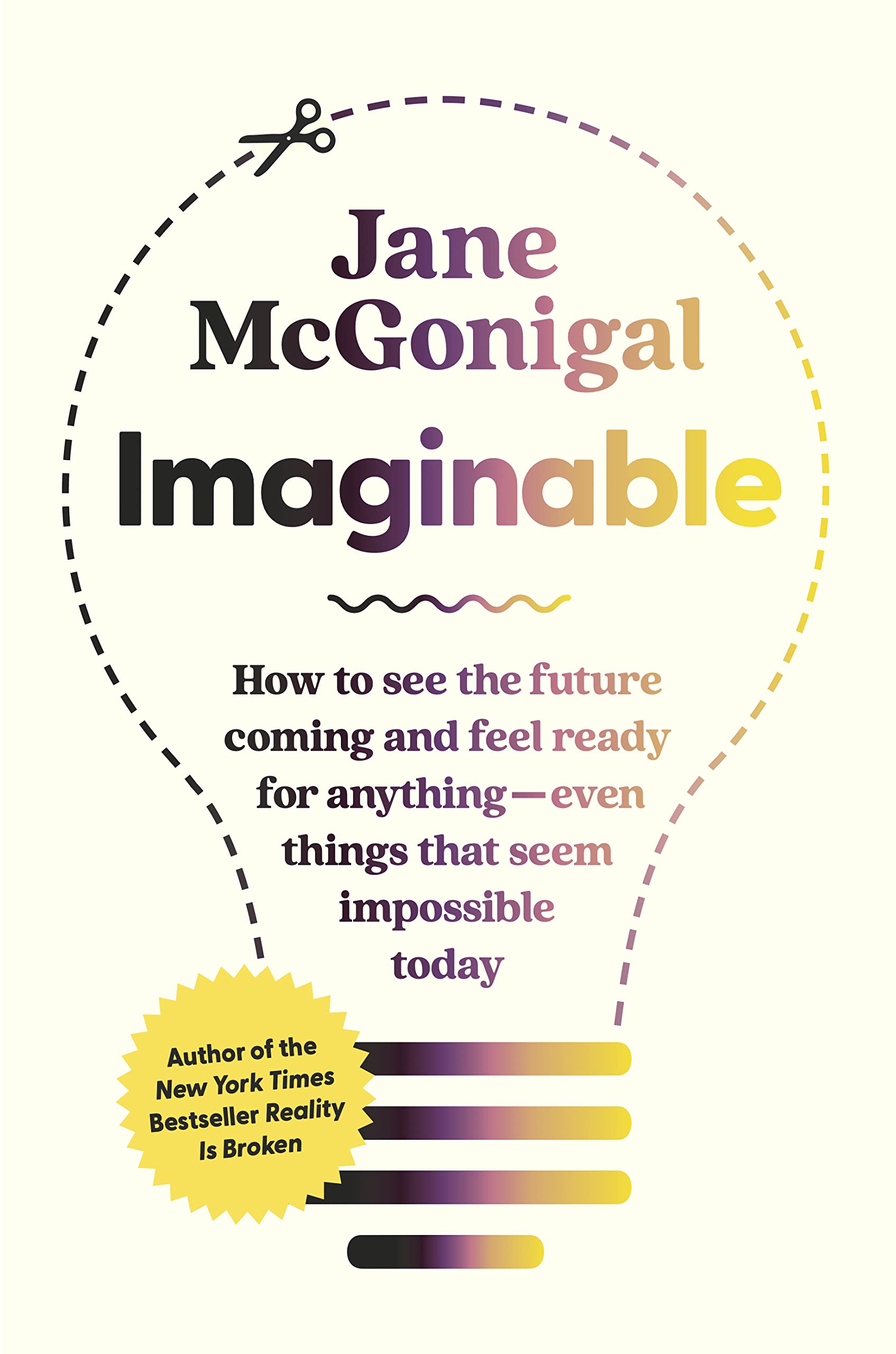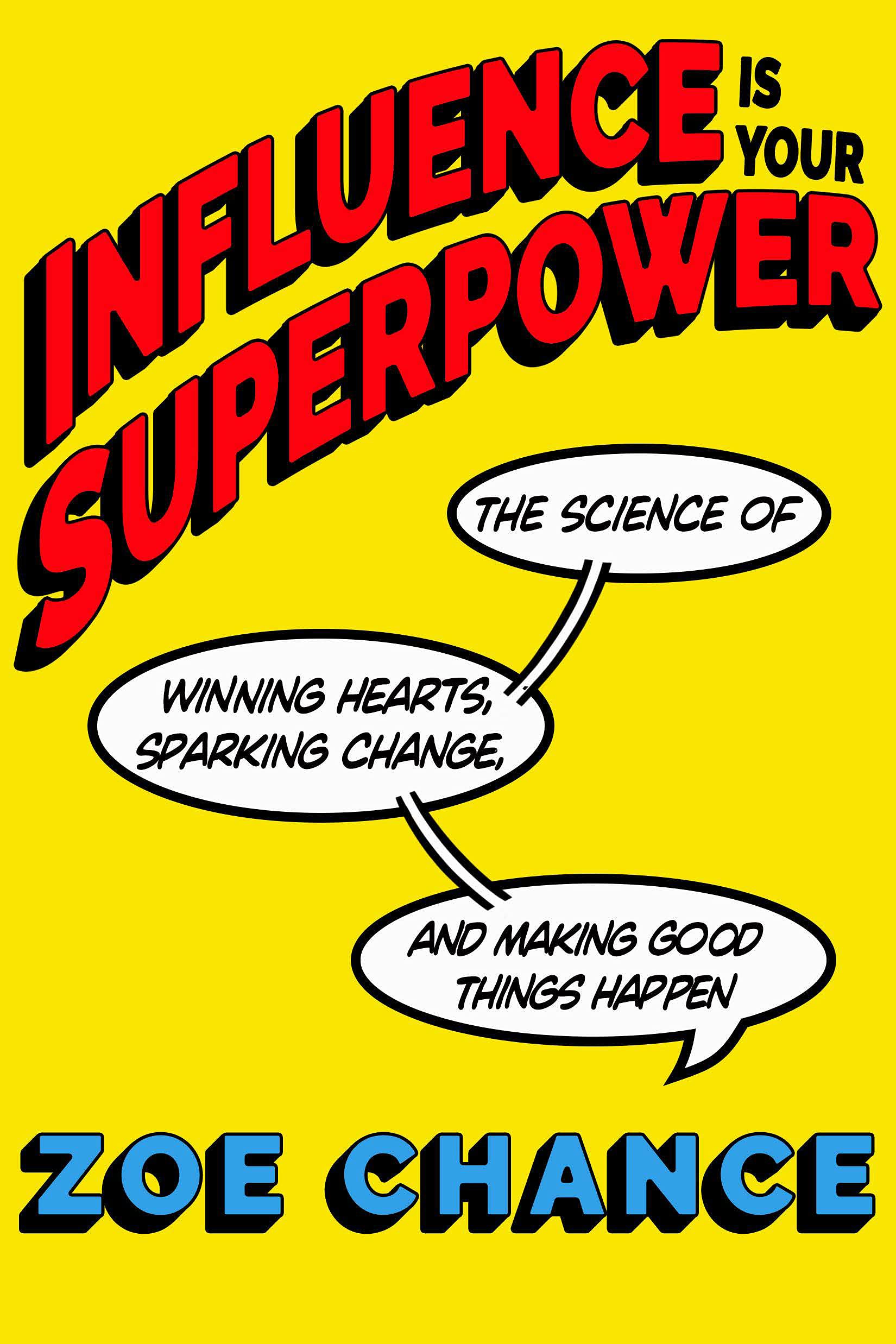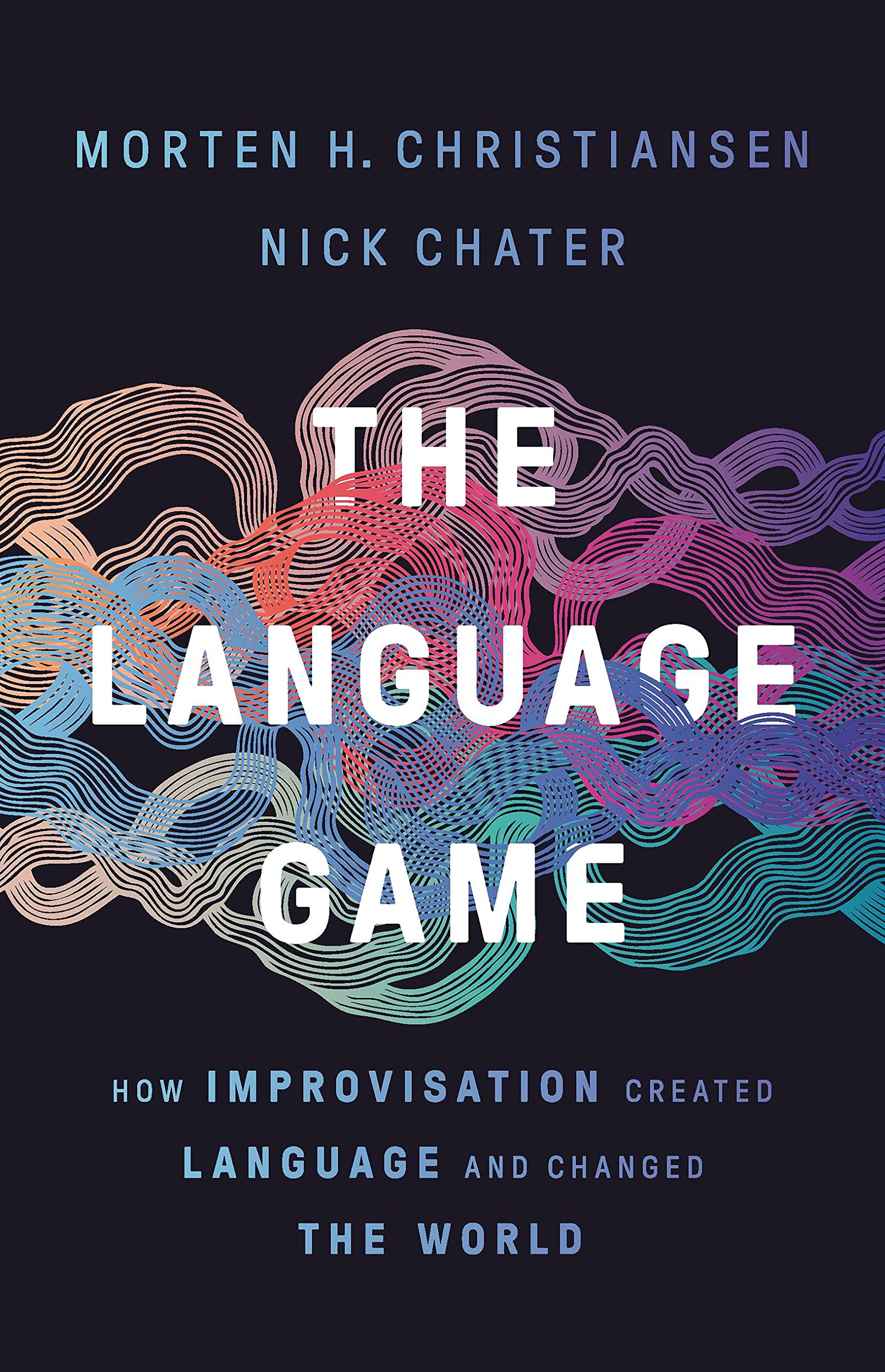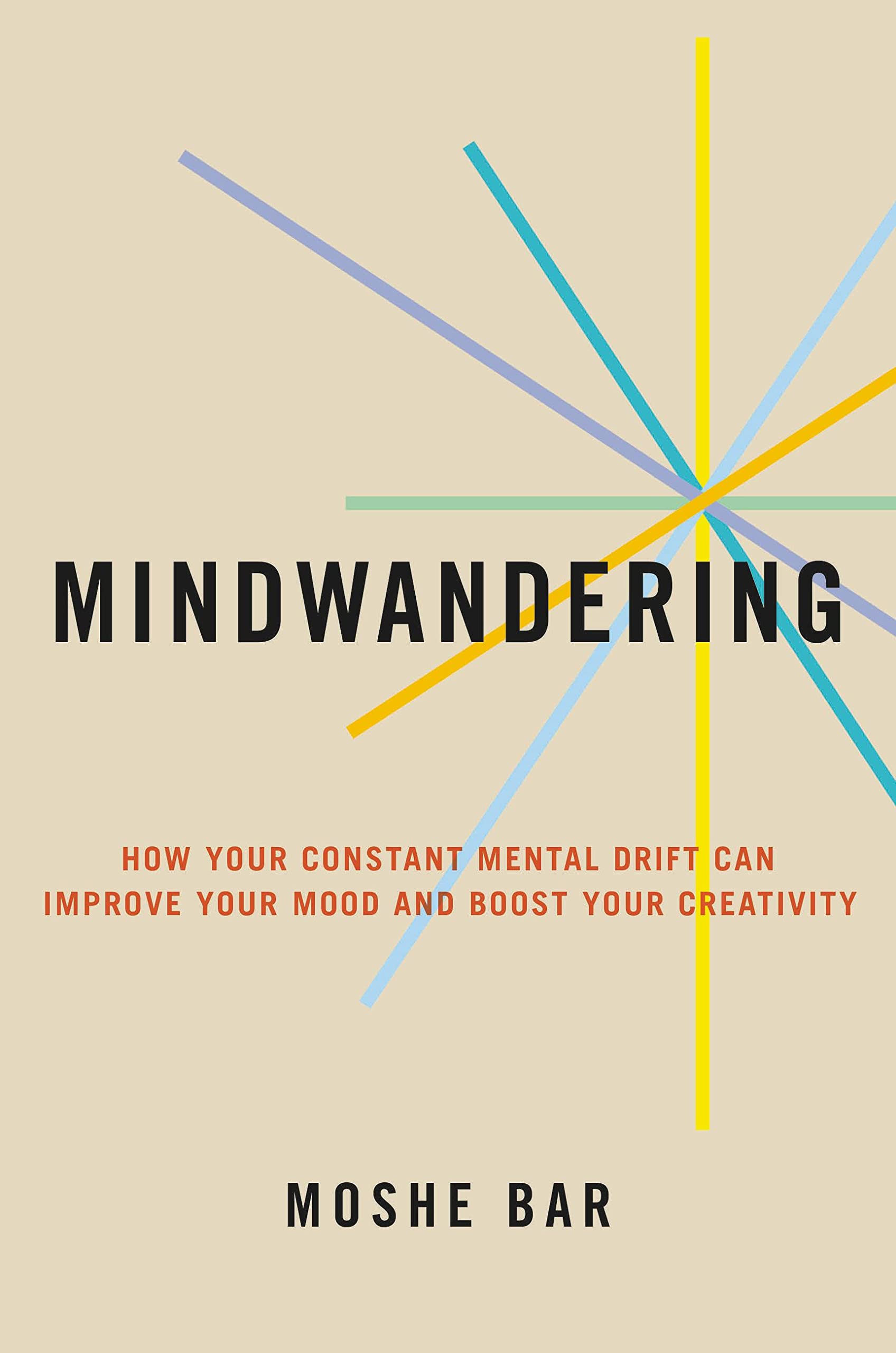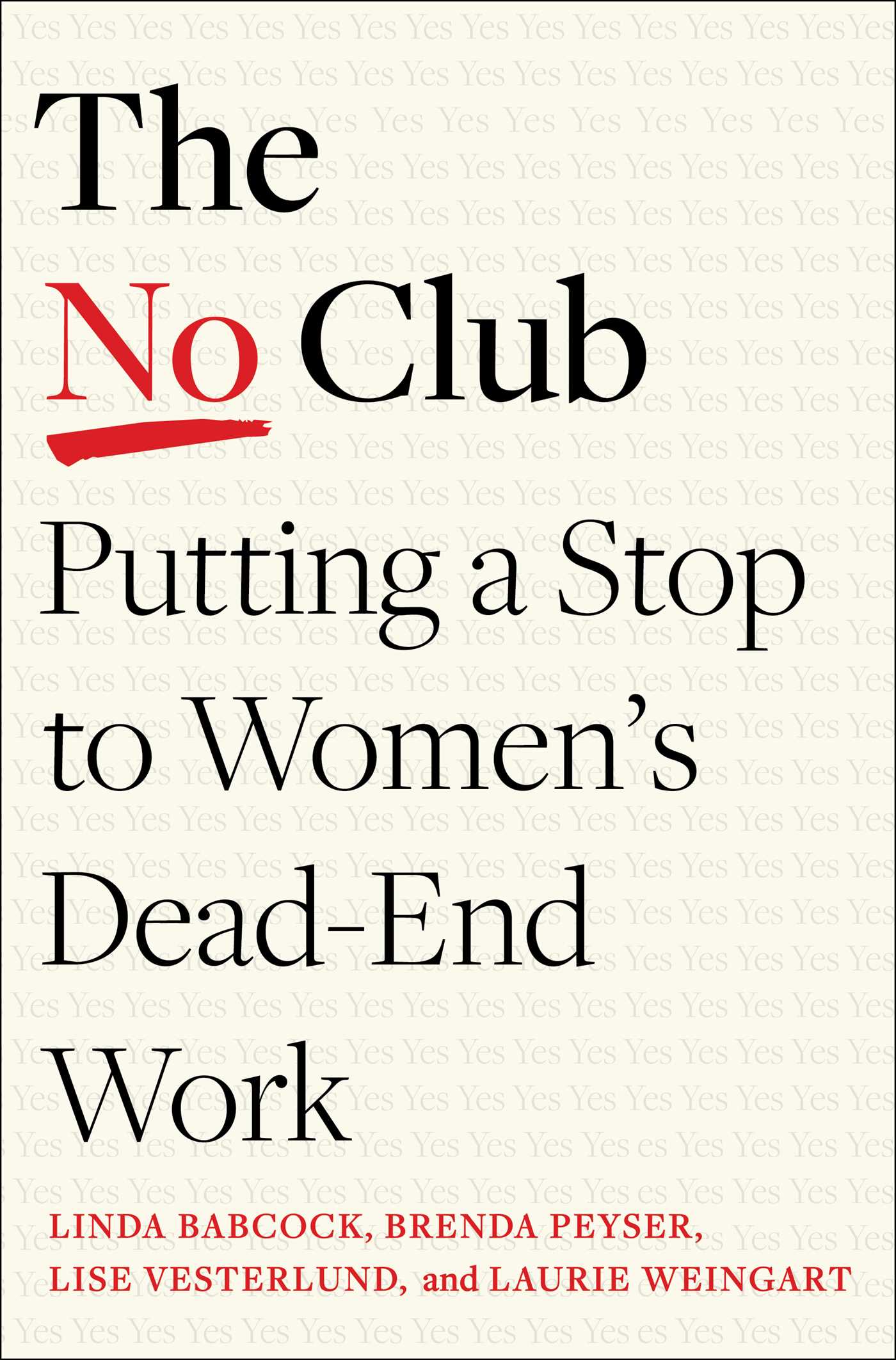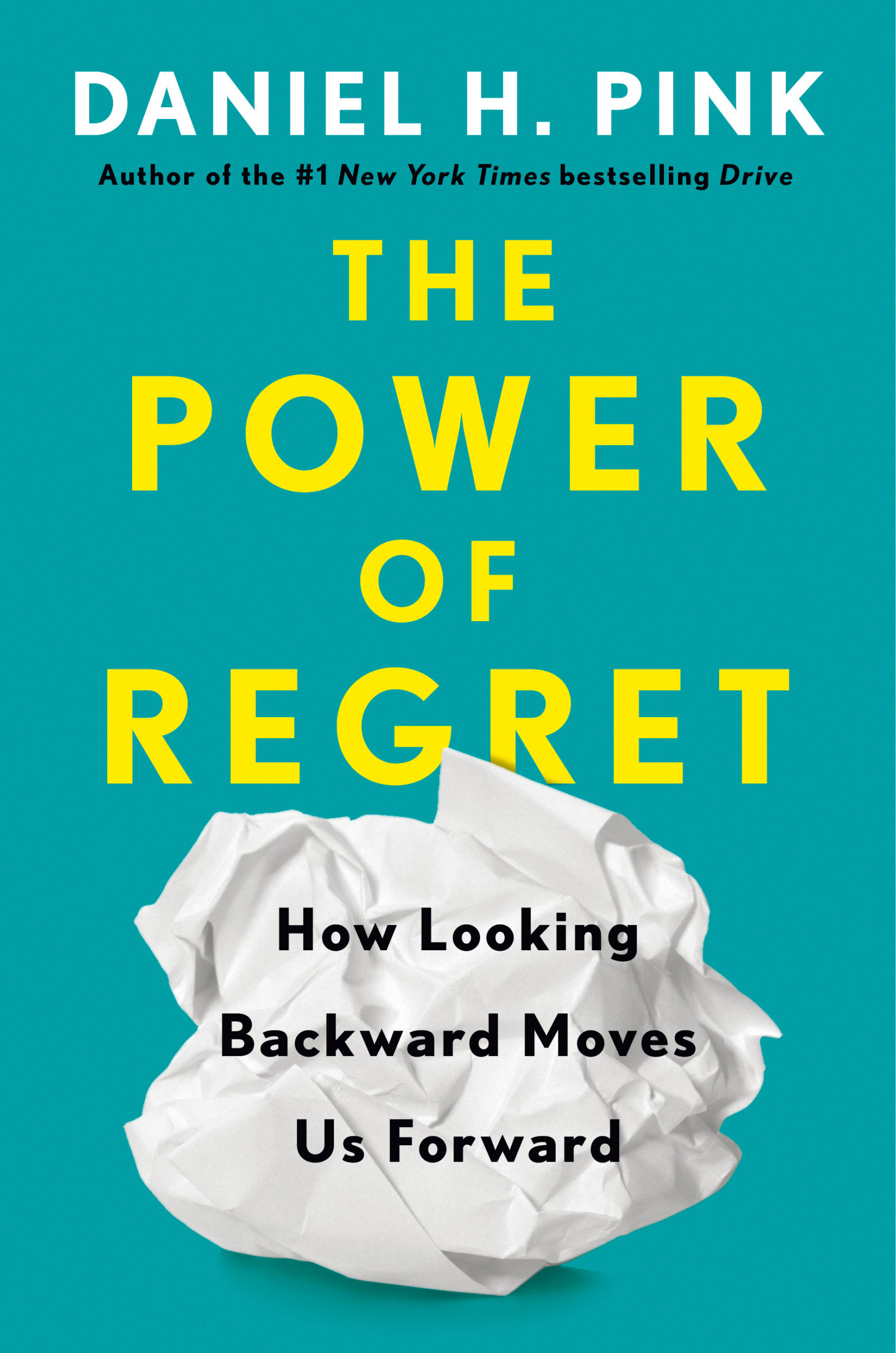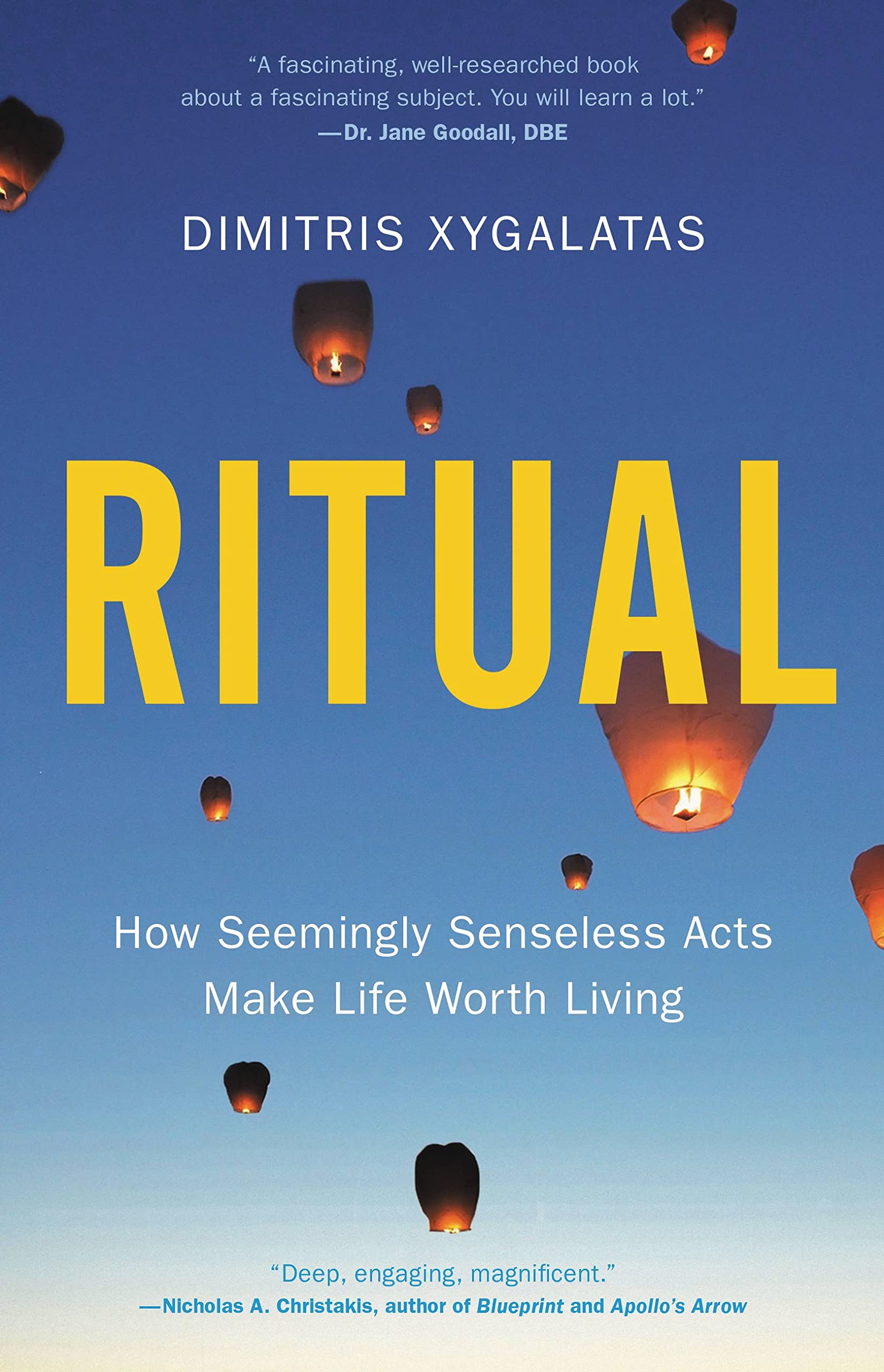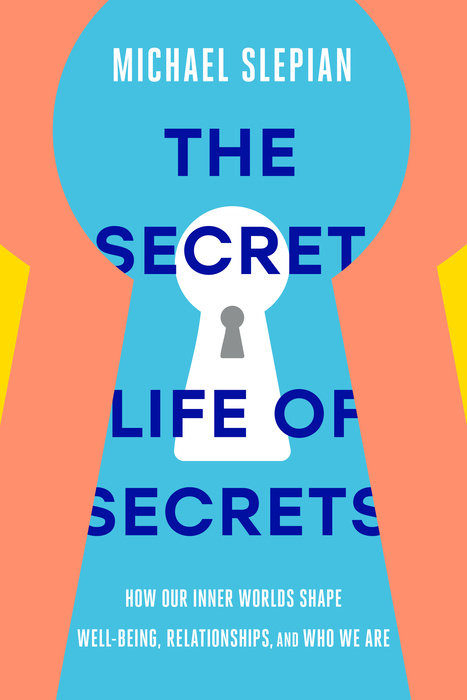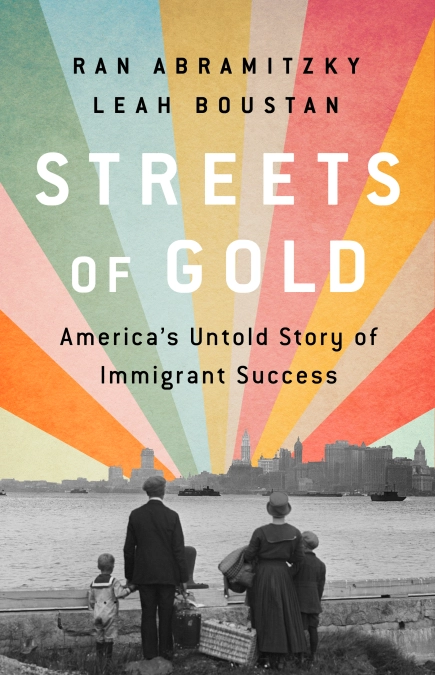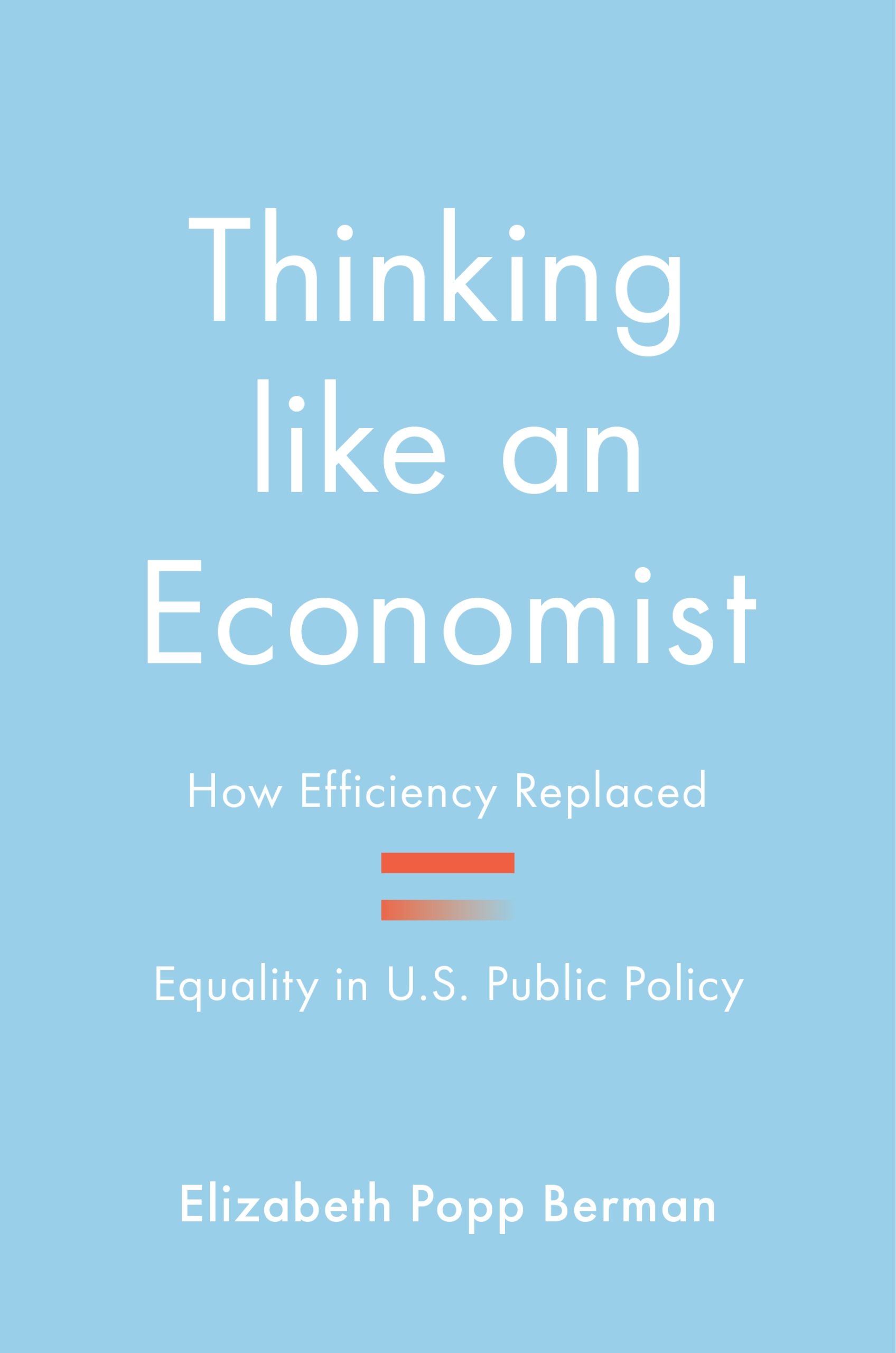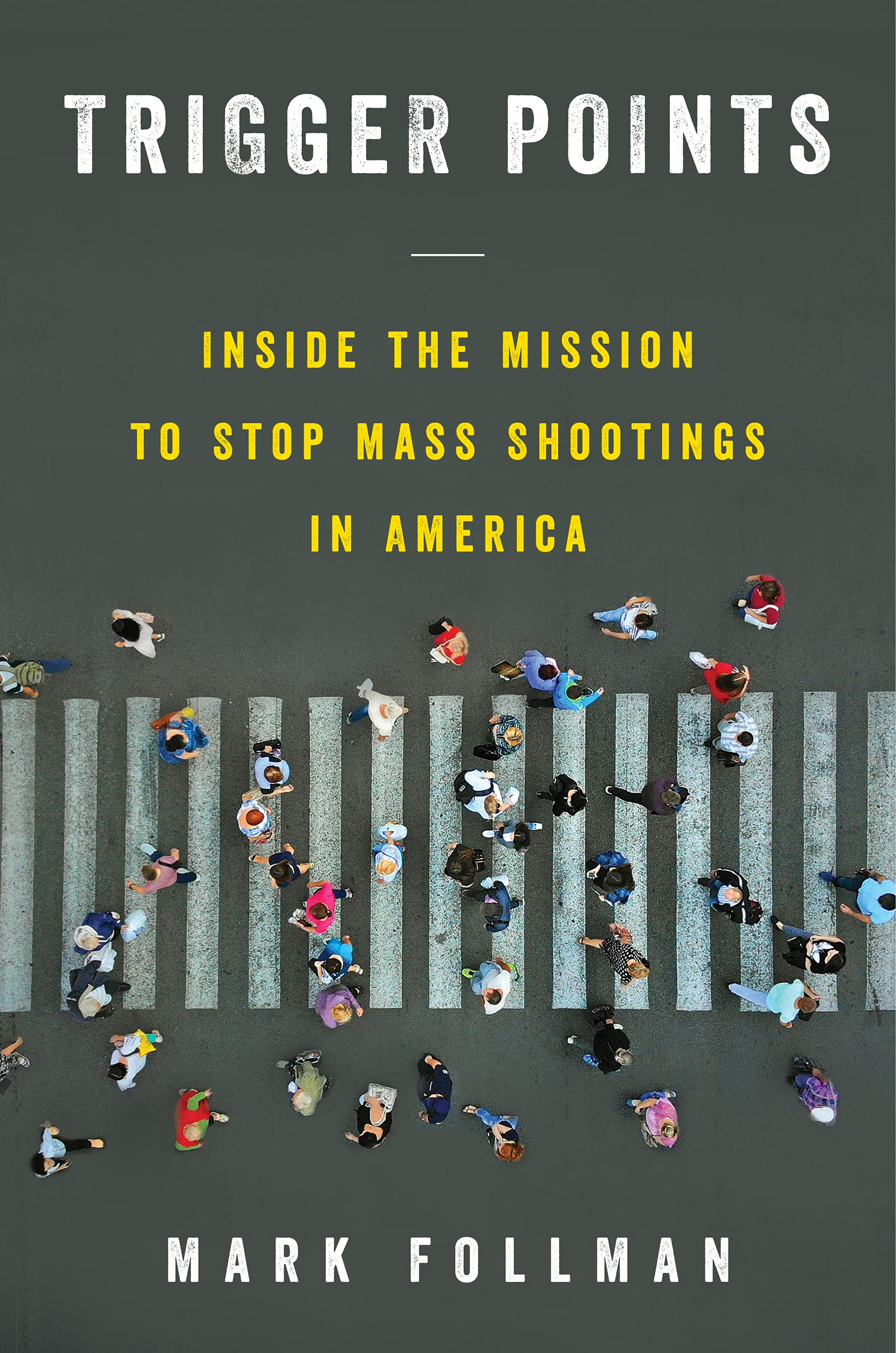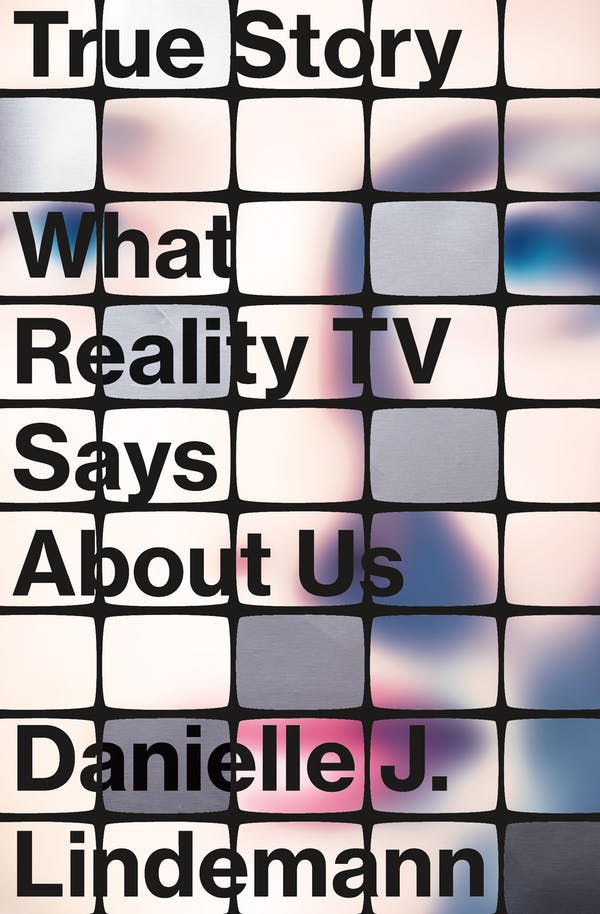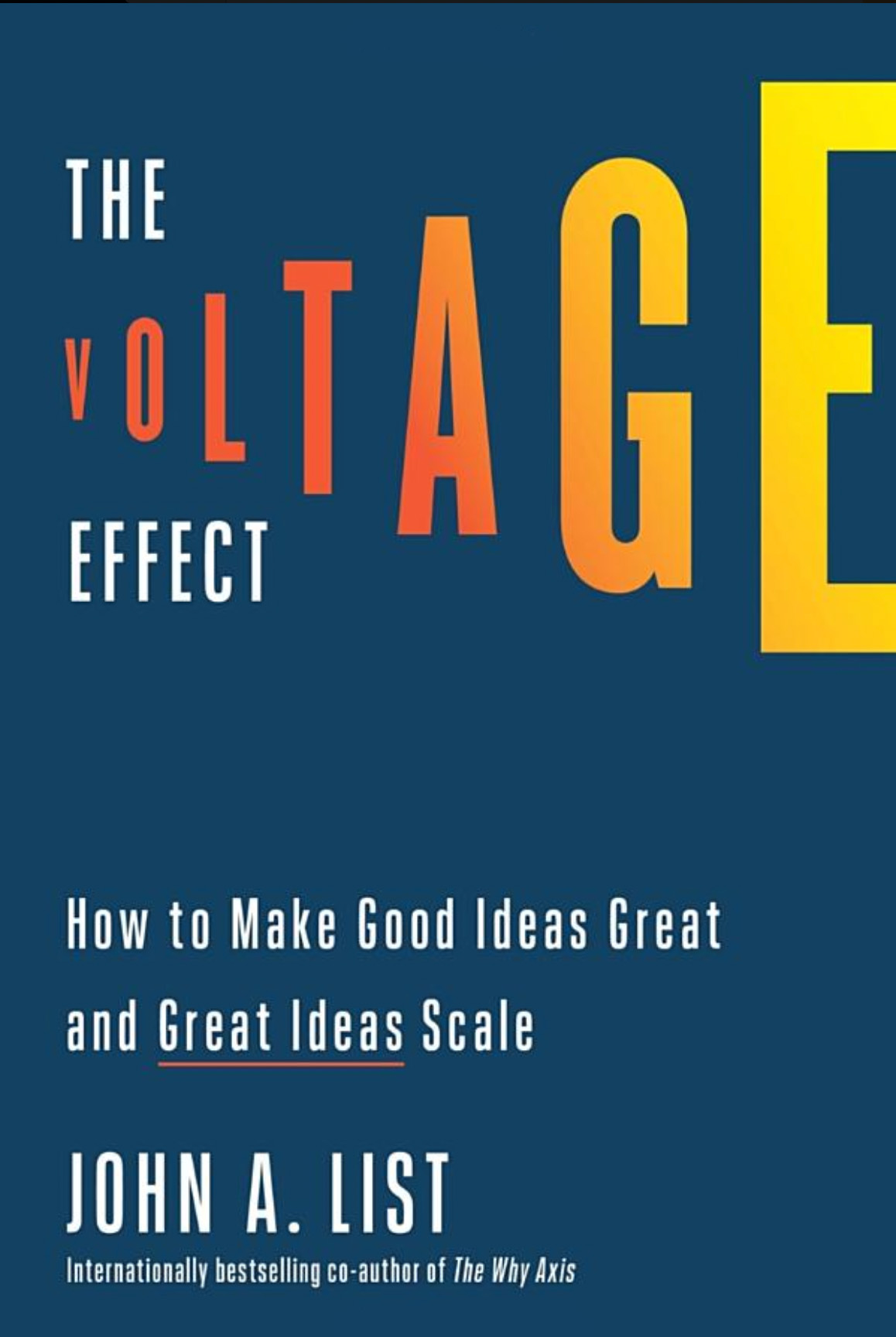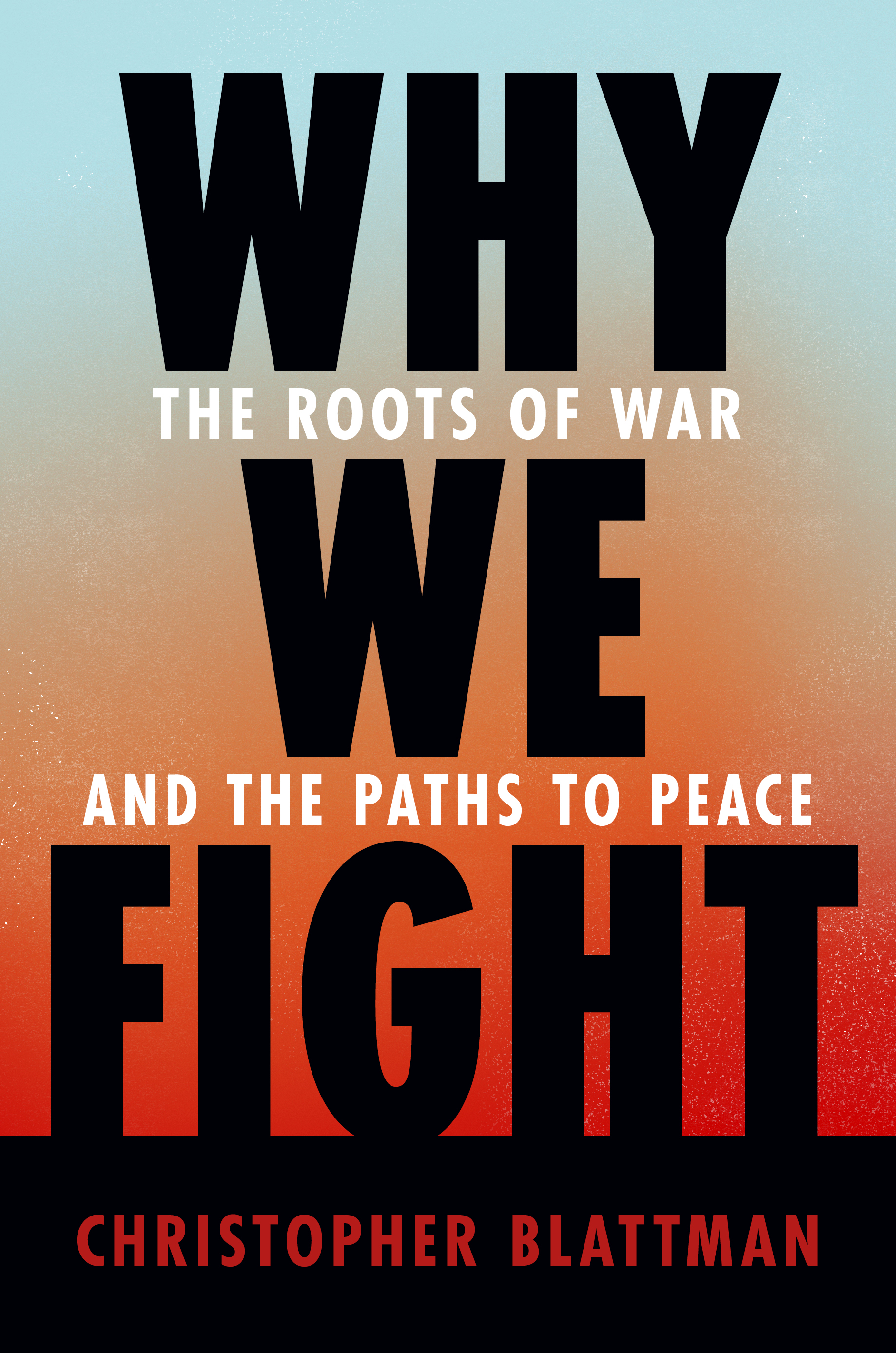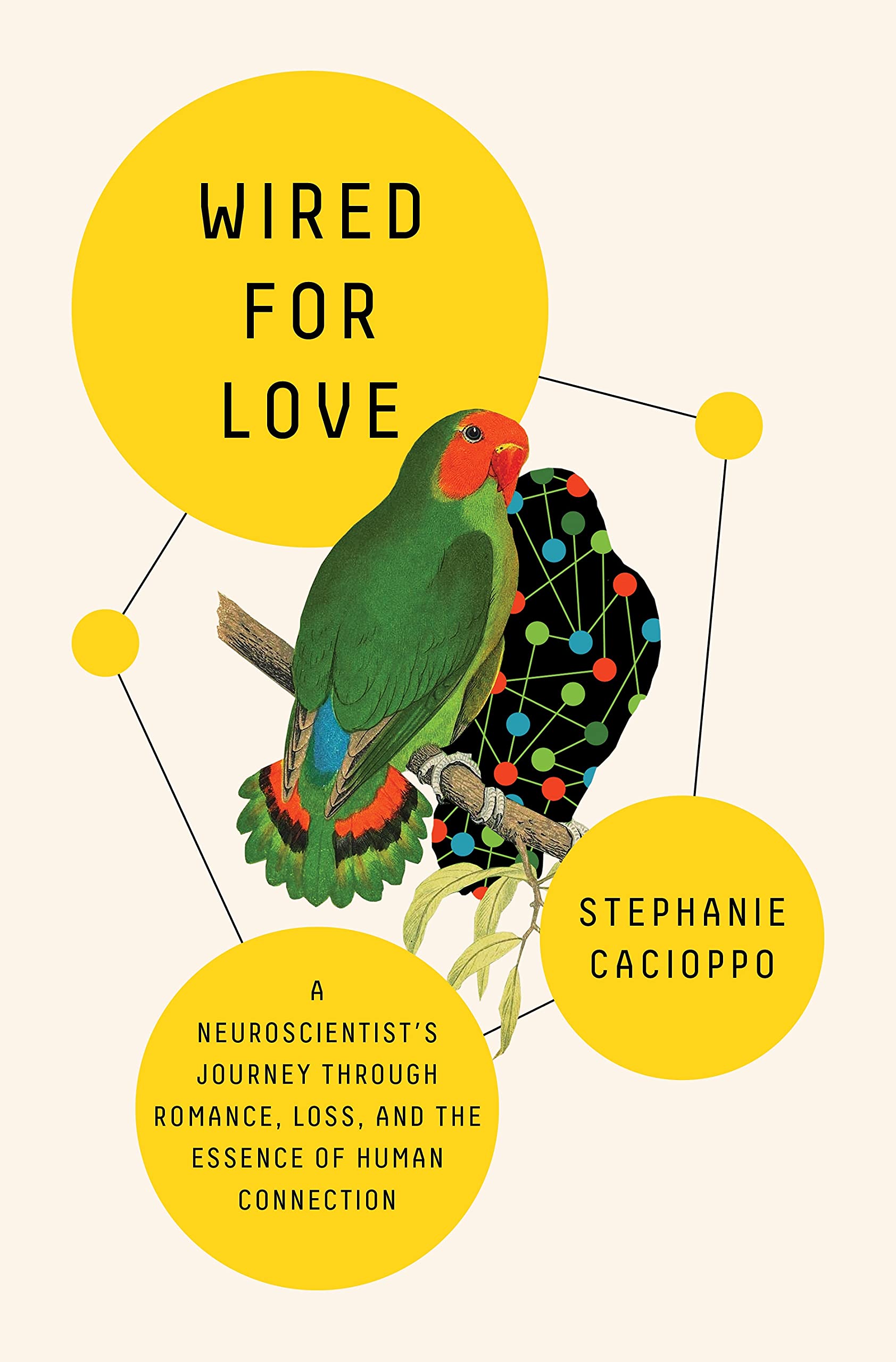Welcome to the 2022 Summer Book List. As in years past, the summer book list is a chance to peruse a collection of the most compelling behavioral science books published so far in the year. There are 26 titles for you to wander and explore. You’ll find books that illuminate new research and those that investigate complex social issues. Others offer a chance to look into the past or imagine a distant future. There are practical titles that might help you “get it done” in your personal life or engineer a breakthrough at work. The list features books published January through August of 2022. While you wander, we hope it’s a chance to bump into a voice or view you wouldn’t otherwise come across—to read something out of your comfort zone; an antidote to the intellectual atrophy
Topics:
Chris Blattman considers the following as important: book review, Why We Fight
This could be interesting, too:
Angry Bear writes The World without Us
Bill Haskell writes Book Review with Excerpts
Joel Eissenberg writes The People’s State (book review)
Joel Eissenberg writes War and Punishment
Welcome to the 2022 Summer Book List. As in years past, the summer book list is a chance to peruse a collection of the most compelling behavioral science books published so far in the year.
There are 26 titles for you to wander and explore. You’ll find books that illuminate new research and those that investigate complex social issues. Others offer a chance to look into the past or imagine a distant future. There are practical titles that might help you “get it done” in your personal life or engineer a breakthrough at work. The list features books published January through August of 2022.
While you wander, we hope it’s a chance to bump into a voice or view you wouldn’t otherwise come across—to read something out of your comfort zone; an antidote to the intellectual atrophy that comes with recommendation engines whose promises of “You might also like …” often only promise more of the same.
In the spirit of a summer adventure, we invite you to journey into the books below.
— Antonia Violante and Evan Nesterak
P.S.—You can find our list of notable behavioral science books from 2021 here.
This summer we’re continuing our partnership with Bookshop.org, a website dedicated to supporting local and independent bookstores. When you purchase a book using a link below, we’ll receive a small commission that helps us sustain our nonprofit mission. All of the books on this list and covered on our site are independently selected and reviewed by our editorial team.
Behavioral Science in the Wild
Edited by Nina Mažar and Dilip Soman
From the back cover: “Behavioral Science in the Wild takes a step back to address the ‘why’ and ‘how’ behind the origins of behavioral insights, and how best to translate and scale behavioral science from lab-based research findings … While there is a burgeoning science that helps us to understand why people act and make the decisions that they do, and how their actions can be influenced, we still lack a precise science and strategic insights into how some key theoretical findings can be successfully translated, scaled, and applied in the field.”
Read an adaptation from Behavioral Science in the Wild on Behavioral Scientist: “While we have made a lot of progress as a field, we believe that the applied science is at a critical juncture. Our efforts at this stage will determine whether the field matures in a systematic and stable manner, or grows wildly and erratically. Unless we take stock of the science, the practice, and the mechanisms that we can put into place to align the two, we will run the danger of the promise of behavioral science being an illusion for many—not because the science itself was faulty, but because we did not successfully develop a science for using the science.”
Between Us: How Cultures Create Emotions
By Batja Mesquita
From the back cover: “We may think of emotions as universal responses, felt inside, but in Between Us, acclaimed psychologist Batja Mesquita asks us to reconsider them through the lens of what they do in our relationships, both one-on-one and within larger social networks … By looking outward at relationships at work, school, and home, we can better judge how our emotions will be understood, how they might change a situation, and how they change us.”
Different: Gender Through the Eyes of a Primatologist
By Frans de Waal
From the back cover: “In Different, world-renowned primatologist Frans de Waal draws on decades of observation and studies of both human and animal behavior to argue that despite the linkage between gender and biological sex, biology does not automatically support the traditional gender roles in human societies.”
Don’t Trust Your Gut: Using Data to Get What You Really Want in Life
By Seth Stephens-Davidowitz
From the back cover: “Stephens-Davidowitz exposes that, while we often think we know how to better ourselves, the numbers disagree. Hard facts and figures consistently contradict our instincts … From the boring careers that produce the most wealth, to the old-school, data-backed relationship advice so well-worn it’s become a literal joke, he unearths the startling conclusions that the right data can teach us about who we are and what will make our lives better.”
Evolutionary Ideas: Unlocking Ancient Innovation to Solve Tomorrow’s Challenges
By Sam Tatam
From the back cover: “In Evolutionary Ideas, Sam Tatam shows how behavioral science and evolutionary psychology can help us solve tomorrow’s challenges, not by divining something the world has never seen, but by borrowing from yesterday’s solutions—often in the most unexpected ways. “
Read an excerpt from Evolutionary Ideas on Behavioral Scientist: “Through reviewing many hundreds of patents, Altshuller uncovered that inventors were unknowingly using the same solutions over and over again, with the same fundamental question in one area being addressed by multiple technical inventions in another. For the navy, this meant they had been funding expensive, long, low probability projects, when in reality, a vast majority of their problems had already been solved. He had stumbled across the existence of a universal pattern of technical problem solving—and the implications were huge.”

From Strength to Strength: Finding Success, Happiness, and Deep Purpose in the Second Half of Life
By Arthur C. Brooks
From the back cover: “What can we do, starting now, to make our older years a time of happiness, purpose, and yes, success? At the height of his career at the age of 50, Arthur Brooks embarked on a seven-year journey to discover how to transform his future from one of disappointment over waning abilities into an opportunity for progress. From Strength to Strength is the result, a practical roadmap for the rest of your life.”
Get it Done: Surprising Lessons from the Science of Motivation
By Ayelet Fishbach
From the back cover: “With fascinating research from the field of motivation science and compelling stories of people who learned to motivate themselves, Get It Done illuminates invaluable strategies for pulling yourself in whatever direction you want to go—so you can achieve your goals while staying healthy, clearheaded, and happy.”
Read an adaptation from Get it Done on Behavioral Scientist: “What I didn’t realize was that feeling uncomfortable was a sign that the exercise was working, and that if I actively sought that uncomfortable feeling—rather than trying to avoid it—I would’ve learned more.”
The Grieving Brain: The Surprising Science of How We Learn from Love and Loss
By Mary-Frances O’Connor
From the back cover: “For as long as humans have existed, we have struggled when a loved one dies. Poets and playwrights have written about the dark cloak of grief, the deep yearning, how devastating heartache feels. But until now, we have had little scientific perspective on this universal experience. In The Grieving Brain, neuroscientist and psychologist Mary-Frances O’Connor gives us a fascinating new window into one of the hallmark experiences of being human.”
Hidden Games: The Surprising Power of Game Theory to Explain Irrational Human Behavior
By Erez Yoeli and Moshe Hoffman
From the back cover: “In Hidden Games, Moshe Hoffman and Erez Yoeli find a surprising middle ground between the hyperrationality of classical economics and the hyper-irrationality of behavioral economics. They call it hidden games. Reviving game theory, Hoffman and Yoeli use it to explain our most puzzling behavior, from the mechanics of Stockholm syndrome and internalized misogyny to why we help strangers and have a sense of fairness.”
How Minds Change: The Surprising Science of Belief, Opinion, and Persuasion
By David McRaney
From the back cover: “How Minds Change is a book about the science, and the experience, of transformation … It’s an eye-opening journey among cult members, conspiracy theorists, and political activists, from Westboro Baptist Church picketers to LGBTQ campaigners in California—that ultimately challenges us to question our own motives and beliefs. In an age of dangerous conspiratorial thinking, can we rise to the occasion with empathy?”
How to Stay Smart in a Smart World: Why Human Intelligence Still Beats Algorithms
By Gerd Gigerenzer
From the back cover: “Doomsday prophets of technology predict that robots will take over the world, leaving humans behind in the dust. Tech industry boosters think replacing people with software might make the world a better place—while tech industry critics warn darkly about surveillance capitalism. Despite their differing views of the future, they all agree: machines will soon do everything better than humans. In How to Stay Smart in a Smart World, Gerd Gigerenzer shows why that’s not true, and tells us how we can stay in charge in a world populated by algorithms.”
Imaginable: How to See the Future Coming and Feel Ready for Anything—Even Things that Seem Impossible Today
By Jane McGonigal
From the back cover: “How do we map out our lives when it seems impossible to predict what the world will be like next week, let alone next year or next decade? What we need now are strategies to help us recover our confidence and creativity in facing uncertain futures. In Imaginable, Jane McGonigal draws on the latest scientific research in psychology and neuroscience to show us how to train our minds to think the unthinkable and imagine the unimaginable.”
Read our conversation with the author on Behavioral Scientist: “When I asked Jane McGonigal about her approach to forecasting the future, she corrected me. ‘Future we usually say with an ‘s’—‘futures’—so we can keep an open mind to many different things. We’re not trying to predict a singular future. We’re trying to consider possibilities so we can shape it to be more like the future we want.’”
Influence is Your Superpower: The Science of Winning Hearts, Sparking Change, and Making Good Things Happen
By Zoe Chance
From the back cover: “Influence doesn’t work the way you think because you don’t think the way you think. Move past common misconceptions—such as the idea that asking for more will make people dislike you—and understand why your go-to negotiation strategies are probably making you less influential … Learn to cultivate charisma, negotiate comfortably and creatively, and spot manipulators before it’s too late.”
The Language Game: How Improvisation Created Language and Changed the World
By Morten H. Christiansen and Nick Chater
From the back cover: “Language is perhaps humanity’s most astonishing capacity—and one that remains poorly understood. In The Language Game, cognitive scientists Morten H. Christiansen and Nick Chater show us where generations of scientists seeking the rules of language got it wrong. Language isn’t about hardwired grammars but about near-total freedom, something like a game of charades, with the only requirement being a desire to understand and be understood.”
Mindwandering: How Your Constant Mental Drift Can Improve Your Mood and Boost Your Creativity
By Moshe Bar
From the back cover: “Our brains are noisy; certain regions are always grinding away at involuntary activities like daydreaming, worrying about the future, and self-chatter, taking up to forty-seven percent of our waking time. This is mindwandering—and while it can tug your attention away from the present and contribute to anxiety and depression, cognitive neuroscientist Moshe Bar is here to tell you about the method behind this apparent madness … Bar combines his decades of research to explain the benefits and the possible cost of mindwandering.”
The No Club: Putting a Stop to Women’s Dead End Work
By Linda Babcock, Brenda Peyser, Lise Vesterlund, and Laurie Weingart
From the back cover: “The No Club started when four women, crushed by endless to-do lists, banded together to get their work lives under control. Running faster than ever, they still trailed behind male colleagues. And so, they vowed to say no to requests that pulled them away from the work that mattered most to their careers. This book reveals how their over-a-decade-long journey and subsequent groundbreaking research showing that women everywhere are unfairly burdened with ‘non-promotable work,’ a tremendous problem we can—and must—solve.”
The Power of Regret: How Looking Backward Moves Us Forward
By Daniel H. Pink
From the back cover: “Drawing on research in social psychology, neuroscience, and biology, Pink debunks the myth of the ‘no regrets’ philosophy of life. And using the largest sampling of American attitudes about regret ever conducted as well as his own World Regret Survey—which has collected regrets from more than 15,000 people in 105 countries—he lays out the four core regrets that each of us has. These deep regrets offer compelling insights into how we live and how we can find a better path forward.”
Read an excerpt from The Power of Regret on Behavioral Scientist: “Two decades of research on counterfactual thinking exposes an oddity: thoughts about the past that make us feel better are relatively rare, while thoughts that make us feel worse are exceedingly common. These deep regrets offer compelling insights into how we live and how we can find a better path forward.”
Ritual: How Seemingly Senseless Acts Make Life Worth Living
By Dimitris Xygalatas
From the back cover: “Ritual is one of the oldest, and certainly most enigmatic, threads in the history of human culture. It presents a profound paradox: people ascribe the utmost importance to their rituals, but few can explain why they are so important. Apparently pointless ceremonies pervade every documented society, from handshakes to hexes, hazings to parades. Before we ever learned to farm, we were gathering in giant stone temples to perform elaborate rites and ceremonies … Ritual reveals the deep and subtle mechanisms that bind us together.”
The Secret Life of Secrets: How Our Inner Worlds Shape Well-Being, Relationships, and Who We Are
By Michael Slepian
From the back cover: “At what age do children develop the cognitive capacity for secrecy? Do all secrets come with the same mental load? How can we reconcile our secrets with our human desires to relate, connect, and be known? When should we confess our secrets? Who makes for the ideal confidant? And can keeping certain types of secrets actually enhance our well-being? Drawing on over a decade of original research, The Secret Life of Secrets reveals the surprising ways that secrets pervade our lives.”
Streets of Gold: America’s Untold Story of Immigrant Success
By Ran Abramitzky and Leah Boustan
From the back cover: “Immigration is one of the most fraught, and possibly most misunderstood, topics in American social discourse—yet, in most cases, the things we believe about immigration are based largely on myth, not facts. Using the tools of modern data analysis and ten years of pioneering research, new evidence is provided about the past and present of the American Dream, debunking myths fostered by political opportunism and sentimentalized in family histories”
Thinking Like an Economist: How Efficiency Replaced Equality in U.S. Public Policy
By Elizabeth Popp Berman
From the back cover: “In Thinking Like an Economist, Elizabeth Popp Berman tells the story of how a distinctive way of thinking—an ‘economic style of reasoning’—became dominant in Washington between the 1960s and the 1980s and how it continues to dramatically narrow debates over public policy today.”
Trigger Points: Inside the Mission to Stop Mass Shootings in America
By Mark Follman
From the back cover: “Through meticulous reporting and panoramic storytelling, award-winning journalist Mark Follman chronicles the decades-long search for identifiable profiles of mass shooters and brings readers inside a groundbreaking method for preventing devastating attacks. The emerging field of behavioral threat assessment, with its synergy of mental health and law enforcement expertise, focuses on circumstances and behaviors leading up to planned acts of violence—warning signs that offer a chance for constructive intervention before it’s too late.”
True Story: What Reality TV Says About Us
By Danielle J. Lindemann
From the back cover: “Reality TV, Lindemann argues, uniquely reflects our everyday experiences and social topography back to us. Applying scholarly research―including studies of inequality, culture, and deviance―to specific shows, Lindemann layers sharp insights with social theory, humor, pop cultural references, and anecdotes from her own life to show us who we really are … At once an entertaining chronicle of reality TV obsession and a pioneering work of sociology, True Story holds up a mirror to our society: the reflection may not always be pretty—but we can’t look away.”
The Voltage Effect: How to Make Good Ideas Great and Great Ideas Scale
By John A. List
From the back cover: “In The Voltage Effect, List explains that scalable ideas share a common set of attributes, while any number of attributes can doom an unscalable idea. Drawing on his original research, as well as fascinating examples from the realms of business, policymaking, education, and public health, he identifies five measurable vital signs that a scalable idea must possess, and offers proven strategies for avoiding voltage drops and engineering voltage gains.”
Read an adaptation from The Voltage Effect on Behavioral Scientist: “One of the first steps to reaching scale is not losing steam as your idea grows. When a seemingly promising idea loses efficacy or profitability as it expands, we call this a ‘voltage drop’ … I have identified five specific and universal causes of voltage drops and how to avoid them. If you can overcome the potential voltage drops I outline … then your idea has the signatures of something that has the potential to scale.”
Why We Fight: The Roots of War and the Paths to Peace
By Christopher Blattman
From the back cover: “Despite the Russian invasion of Ukraine or the fear of another American civil war, most of the time wars don’t happen, and of the millions of hostile rivalries worldwide, only a fraction erupt into violence. At this moment of crisis in world affairs, this necessary book from a seasoned peacebuilder and acclaimed expert in the field lays out the root causes and remedies for war and explains the reasons why conflict wins over compromise; and how peacemakers can turn the tides once conflict threatens to or becomes war.”
Wired for Love: A Neuroscientist’s Journey Through Romance, Loss, and the Essence of Human Connection
By Stephanie Cacioppo
From the back cover: “At thirty-seven, Dr. Stephanie Cacioppo was content to be single. She was fulfilled by her work on the neuroscience of romantic love—how finding and growing with a partner literally reshapes our brains. That was, until she met the foremost neuroscientist of loneliness. A whirlwind romance led to marriage and to sharing an office at the University of Chicago. After seven years of being inseparable at work and at home, Stephanie lost her beloved husband, John, following his intense battle with cancer. In Wired for Love, Stephanie tells not just a science story but also a love story. She shares revelatory insights into how and why we fall in love, what makes love last, and how we process love lost … Woven through it all is her moving personal story, from astonishment to unbreakable bond to grief and healing.
Disclosure: Dilip Soman is a member of an organization which provided financial support to Behavioral Scientist in 2021. Daniel Pink serves on the Behavioral Scientist’s advisory board. Organizational donors and advisors do not play a role in the editorial decisions of the magazine.

